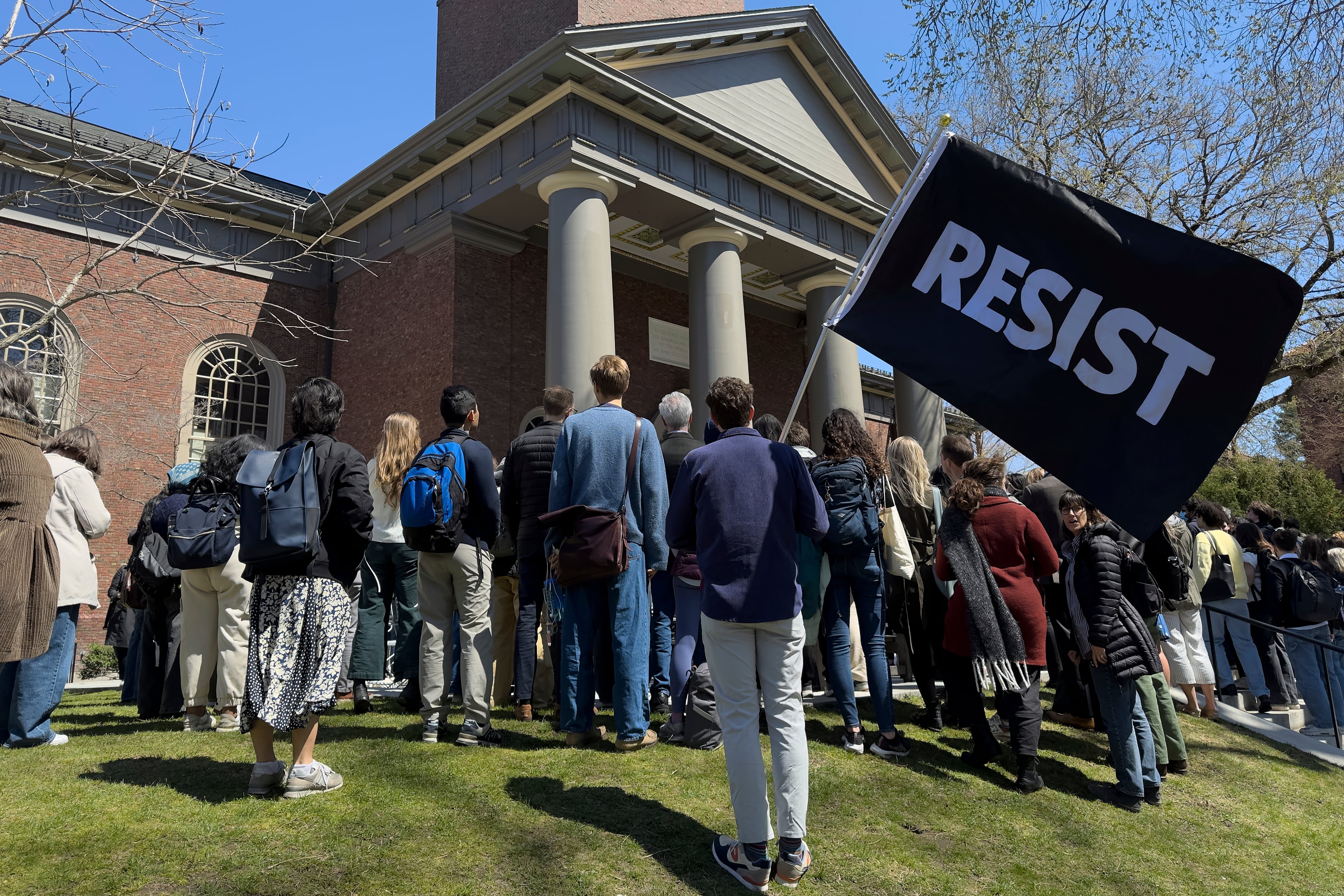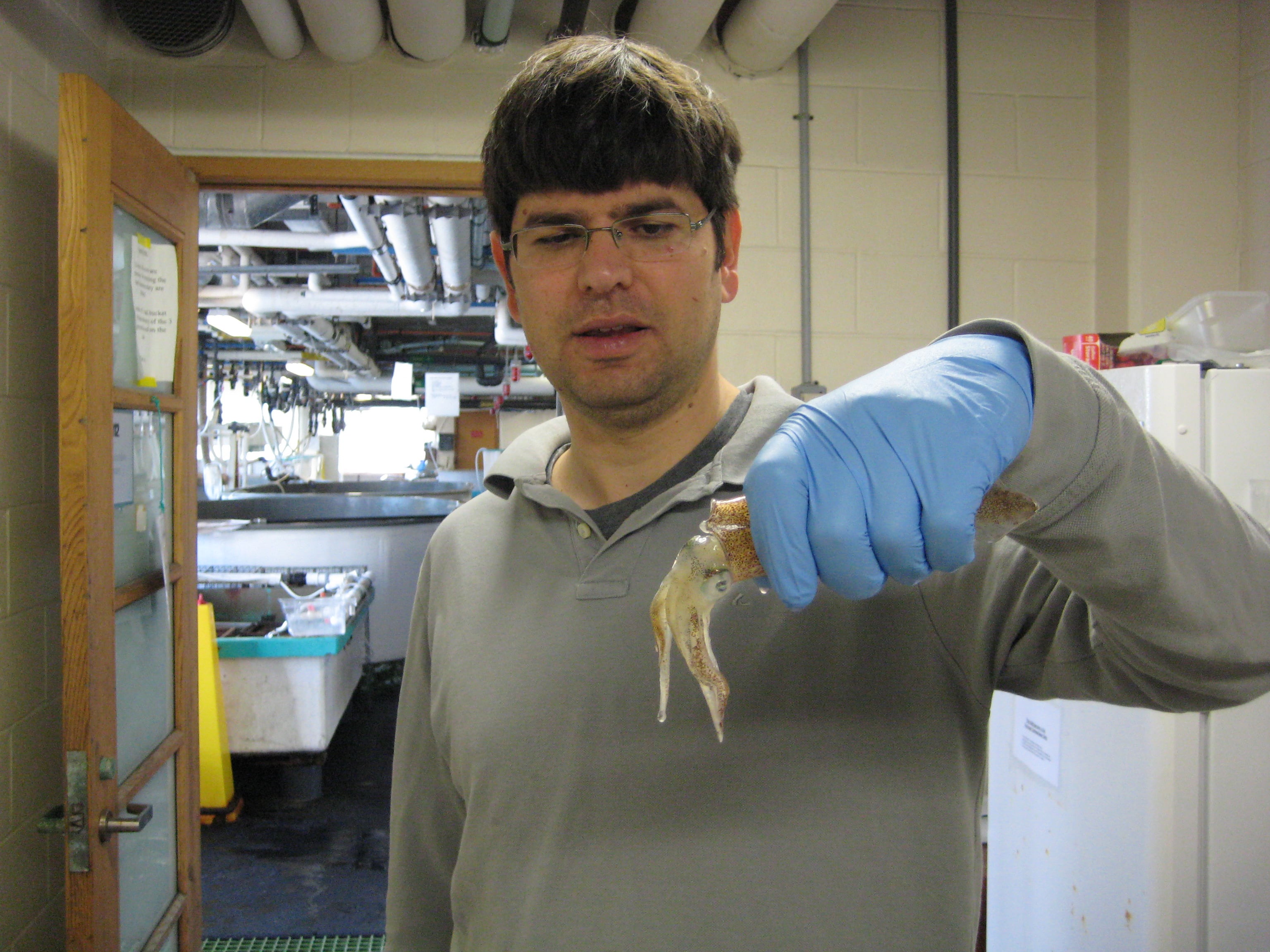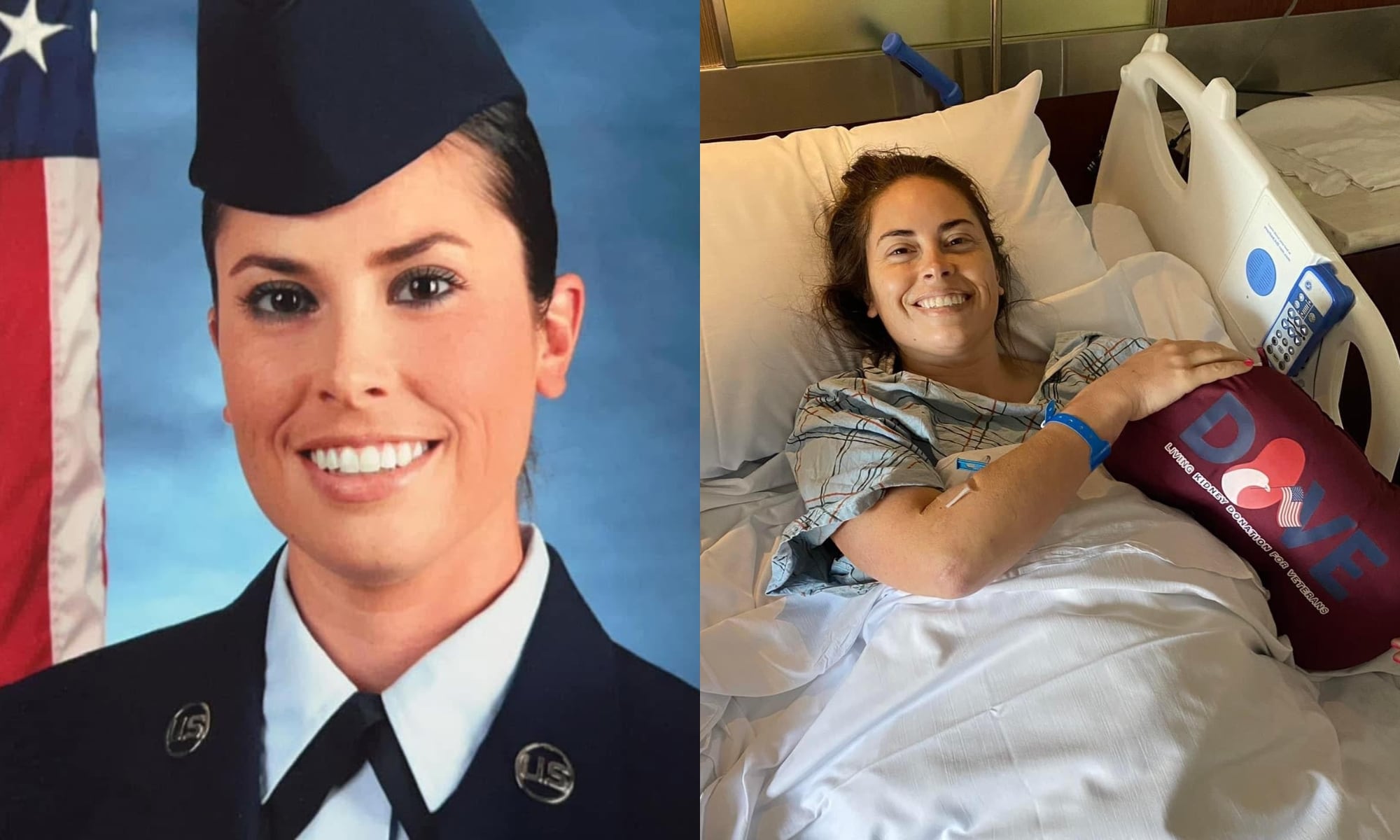Scientists working with the Army are employing a natural self-healing process using squid teeth in ways that could allow future engineers to manufacture self-fixing parts in soldier clothing, prosthetic legs, personal protective equipment and even robot parts.
The polymer they’ve been able to reproduce is based on a natural protein in the ring teeth of a squid that repairs itself when damaged.
Stephanie McElhinny, program manager at the Army Research Office, told Army Times that while applications for soldiers are still a few years away, what they’ve been able to do is already showing real promise.
RELATED

“We could update to scaling production in three to five years, prototyping in five to eight years and materials for soldiers in 10 to 15 years,” she said.
Researchers at Penn State University and Max Planck Institute for Intelligent Systems in Germany have been successful in producing these “high-strength” synthetic proteins, the result of a greater effort to build a kind of “library” of naturally-occurring compounds that could have a host of military applications.
The process works somewhat like Velcro, McElhinny said. The bonds that hold the protein together can be pulled apart but rapidly stitch themselves back together, unlike the chemical bonds used in non-biological, self-healing materials.
And that process can be controlled by heat.
“That’s the beauty of biology,” she said. “You can tune both the biological material and the stimulus you apply to the material in a way that will support the kinds of interactions you want.”
In the laboratory researchers were able to accelerate a procedure that typically takes 24 hours to a single second. That heat and “heal” process means “soft robots” can heal themselves immediately.
“In nature, self-healing takes a long time,” Abdon Pena-Francelsch, a Humboldt postdoctoral fellow at Max Planck, said in a CCDC statement. “In this sense, our technology outsmarts nature.”
Other applications, meanwhile, have been shown to initiate the healing process simply by shining light on the compound, potentially removing the need for high heat sources, McElhinny said.
Still, the first hurdle has been cleared — reproducing the event in a lab by combing natural proteins and synthetic means. That work makes the synthetic process — there’s no squid dentist on a boat pulling squid teeth — reproducible on a large scale.
What jumped out early in research with squid teeth protein was its “extreme toughness,” McElhinny said. That, combined with its self-healing properties, means it could be combined with other tough materials for new methods of building a soldier’s kit or parts for vital machinery.
Though it’s early in the process, the applications are not confined to the military. The program manager said that there’s already been interest from the textile industry, where wear and tear on clothing is caused by rubbing and shedding particles of the fabric. But an ultra-tough compound could prevent or at least delay that degradation, lengthening the wear and life of cloth.
And with the way they’ve manufactured the material, volume isn’t a concern.
The protein is being grown using a bacterial host, of which researchers can ferment thousands of liters at a time.
By using that sequence, McElhinny said, “you can grow vats and vats of this stuff.”
Todd South has written about crime, courts, government and the military for multiple publications since 2004 and was named a 2014 Pulitzer finalist for a co-written project on witness intimidation. Todd is a Marine veteran of the Iraq War.
Tags:
army scienceweird sciencefuture geararmy research officearmy research labccdccombat capabilities development commandIn Other News














